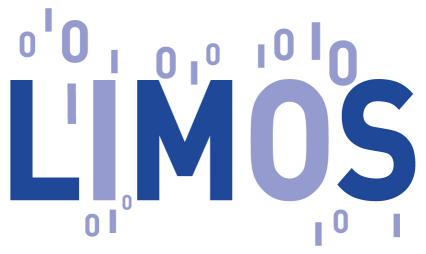|
Date : 29 janvier 2025 14:00 - Type : Thesis - Shervin KADKHODA-AHMADI - Amphi A 104 - Espace Fauriel
Gestion de la montée en puissance des services en tenant compte de la durabilité et des risques |
Cette thèse explore la gestion de la montée en puissance des services, un concept multidisciplinaire visant à introduire et développer rapidement des services dans un environnement dynamique. Elle répond à deux questions fondamentales : Quand et comment intensifier un service. Une méthodologie de recherche en sciences de la conception (DSR) a été employée, incluant une revue systématique de la littérature (SLR) sur la prise de décision dans ce domaine. Un cadre conceptuel structuré, basé sur le modèle agile principales et le stage-gate, a été développé pour répondre à la question quand intensifier, en mettant en avant l'importance du développement itératif et de l'amélioration continue. La contribution principale est le cadre « Agile Ramp-up Framework for Escalation Stage » (ARFES), qui répond à la question comment intensifier. ARFES intègre principes agiles, simulation, durabilité, gestion des risques et standardisation des processus pour améliorer les performances de manière systématique et itérative.Validé par une évaluation de contenu et une étude de cas pratique dans la fabrication additive, ce cadre offre aux organisations une approche flexible pour s'adapter aux marchés en constante évolution.
Jury :
- Yves DUCQ, Professeur, Université de Bordeaux (Rapporteur)
- Julien LE DUIGOU, Professeur, Universite de Technologie de Compiegne (Rapporteur)
- Ann-Louise ANDERSEN, Associate Professor, Aalborg University ( Examinatrice)
- Mariachiara MAGNANINI, Associate Professor, Polytechnic Univ. of Milan (Examinatrice)
- Khaled MEDINI, Professeur, Mines Saint-Etienne (Directeur de thèse)
- Valerie LAFOREST, Professeur, Mines Saint-Etienne (Co-directrice de thèse).
